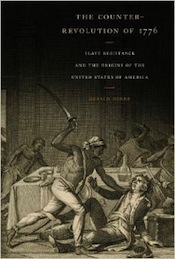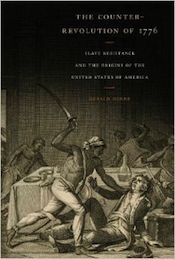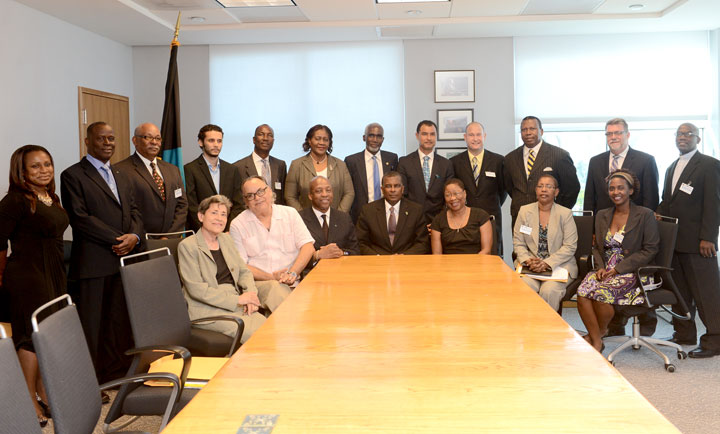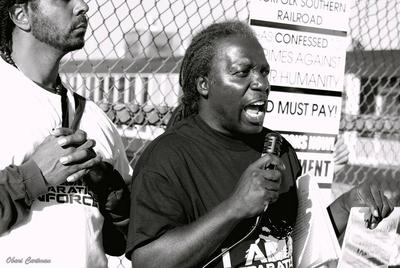
Gerald Horne’s The Counter-Revolution of 1776 was overlooked by most liberal media when it was published last spring, but it really can be considered one of the more notable books of 2014. It is actually a very short but dense and abundantly sourced book, original and broad in its scope—in many ways a magisterial work.


















